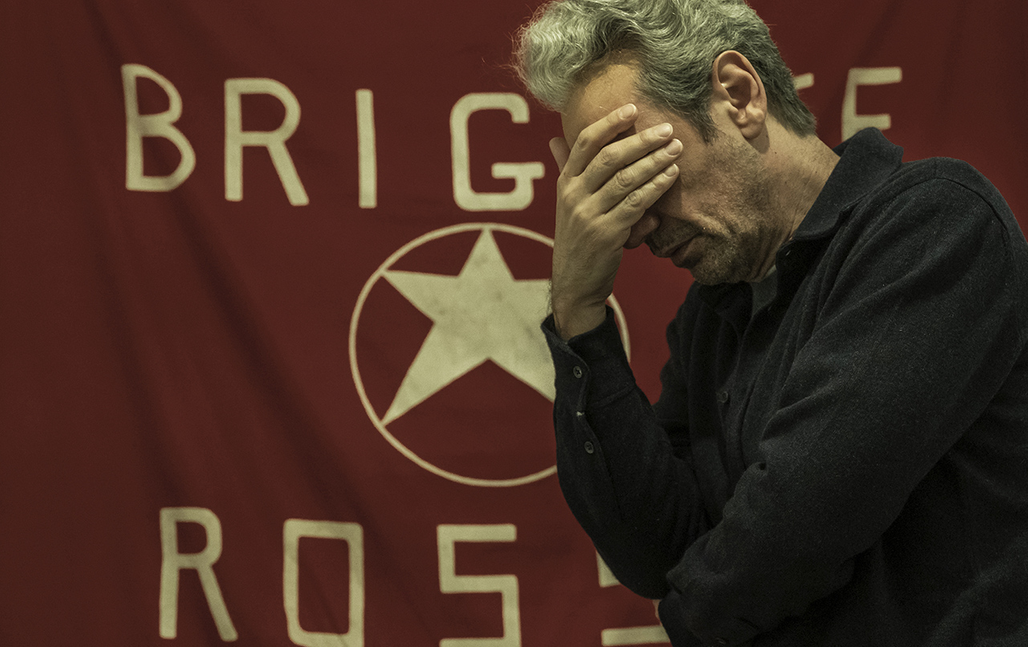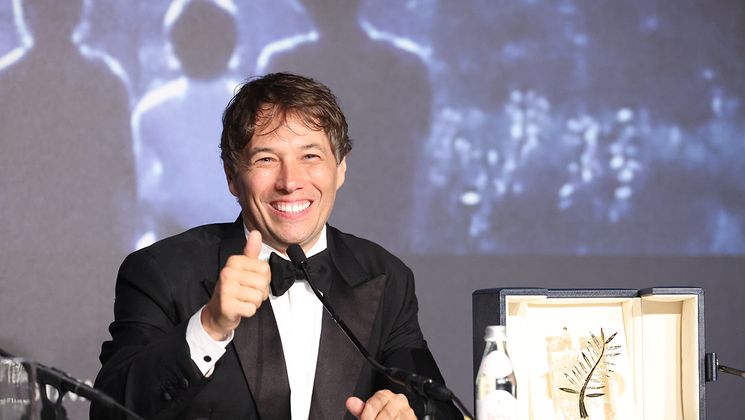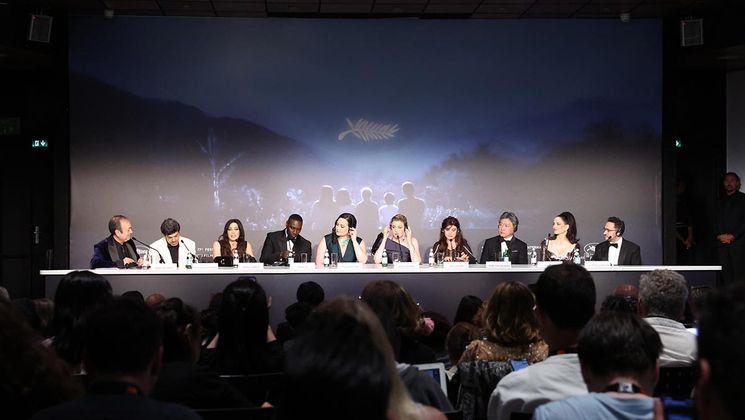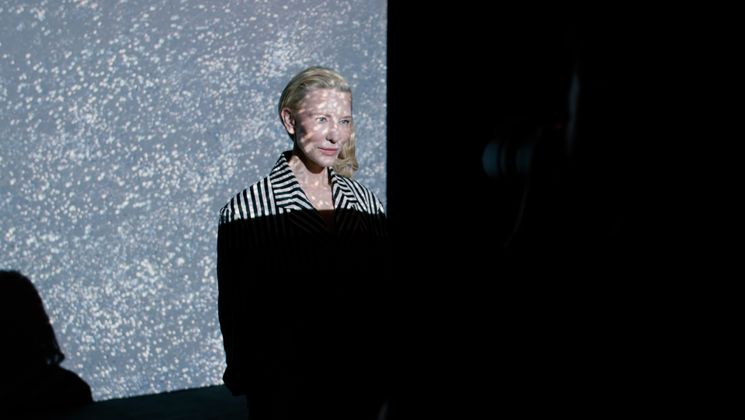
Marco Bellocchio examines a deeply painful episode of Italian history in Esterno Notte (Exterior Night)

Nineteen years after Good Morning, Night (Buongiorno Notte) (2003), Marco Bellocchio is re-examining a traumatic event in the political history of his country: the assassination of the former prime minister Aldo Moro by the Red Brigades in 1978. For the first time in his career, the filmmaker is using the medium of the televised mini-series pour to offer a reverse angle, with Esterno Notte (Exterior Night), of his famous feature film.
What made you decide to dive back into this tragic political story?
The spark came on the fortieth anniversary of the assassination. At the time, there were a lot of TV shows and articles in Italy. I was able to see some images of Aldo Moro taken in the days preceding his kidnapping by the Red Brigades. I was particularly struck by seeing him with his wife on the beach, or posing with his children in a holiday resort. He was always dressed in his two-piece suit with his jacket and tie. It was then that the idea came to me to do a cinematographic reverse angle of Good Morning, Night (Buongiorno Notte), where, in that film, the focus was on Aldo in his prison.
What interested you this time?
I wanted us to discover the events from the outside, alongside all the other protagonists who did not appear in Good Morning, Night (Buongiorno Notte): Pope Paul VI, Francesco Cossiga – the Minister of the Interior at the time -, his wife Eleonora and the pair of terrorists who participated in his confinement.
Why does his death still haunt Italy, forty years later?
All political writers agree that Moro's assassination, combined with the fact that no compromise was envisioned with the Red Brigades to free him, led to an unprecedented political crisis. The major parties that had governed Italy, and particularly Christian Democracy – Moro's party – were plunged into crisis. Italian politics progressively changed. The parliamentary system and the power of these parties were weakened. The terrain was fertile for the appearance of new forces.
“The role played by some of the protagonists was such that they deserved more attention. I found that the mini-series was the form that was best suited to this approach.”
Do you think that without the death of Moro that someone like Berlusconi would not have appeared on the political scene?
It's possible. Moro's ambition was to find a compromise with the Communist Party to unblock the complicated social and political situation the country found itself in. This strategy cost him his life. At the time, there were reactionary forces on both the right and left that did not want the shift he was trying to implement, as that would compromise their progress. By refusing to negotiate with the terrorists to obtain his liberation, they made the choice, in a way, that he would die.
Why did you choose the form of a six-episode televised mini-series?
The role played by some of the protagonists was such that they deserved more attention. I found that the mini-series was the form that was best suited to this approach. Moreover, I chose to devote an episode to each person. I also wanted to experiment with a universe I had previously had no experience with.
You didn't write the screenplay alone. What was your process?
We worked by relying on historians. The work was initially a very important one of documentation. We wanted to be sure that everything that was portrayed on the screen actually happened. Obviously, in history, there are always grey areas, and we had to deal with that by a reasonable use of the imagination.


